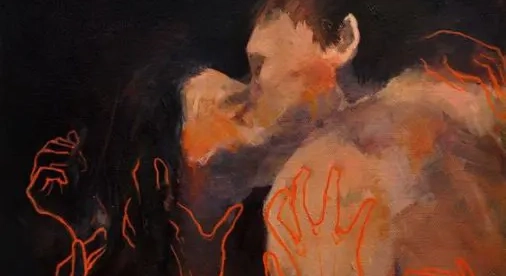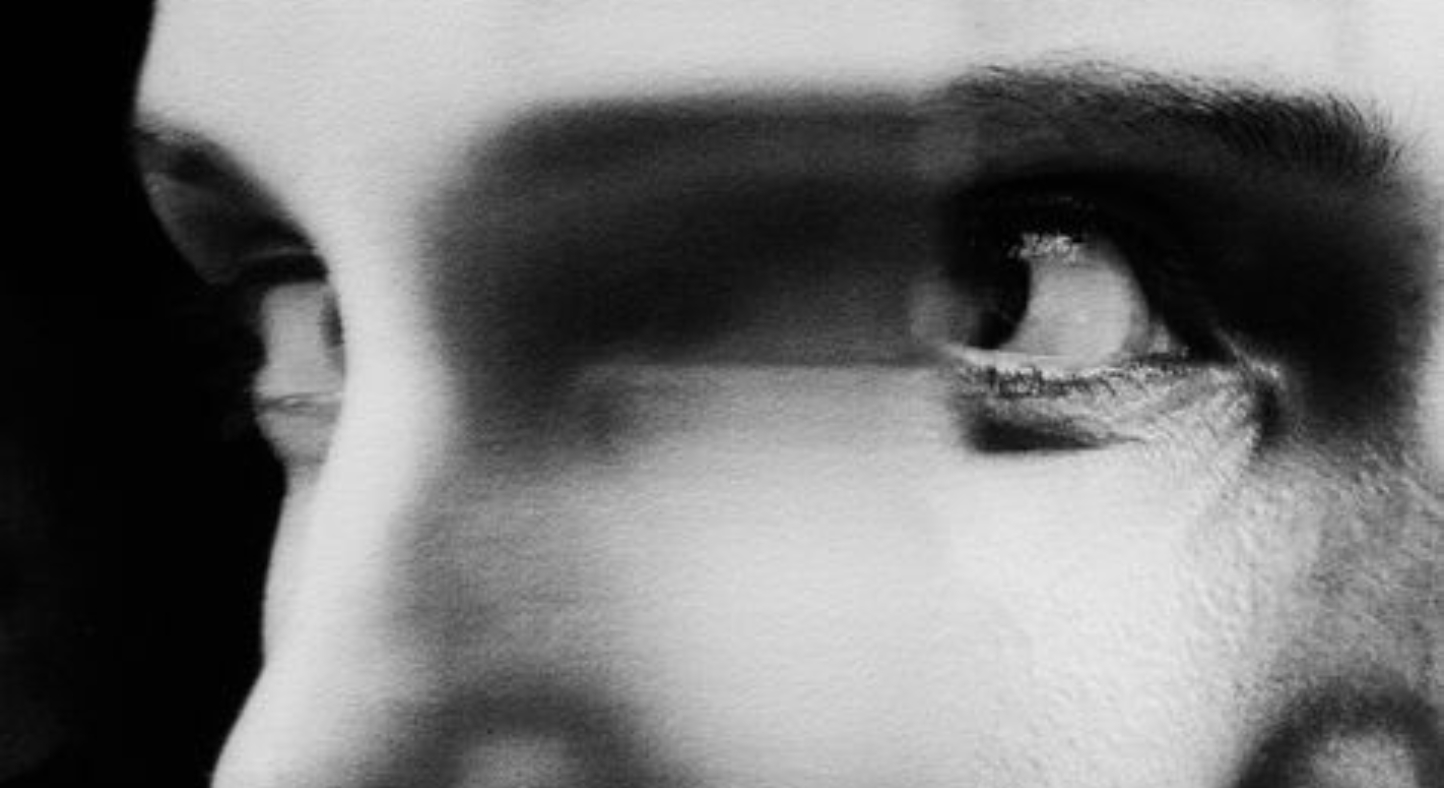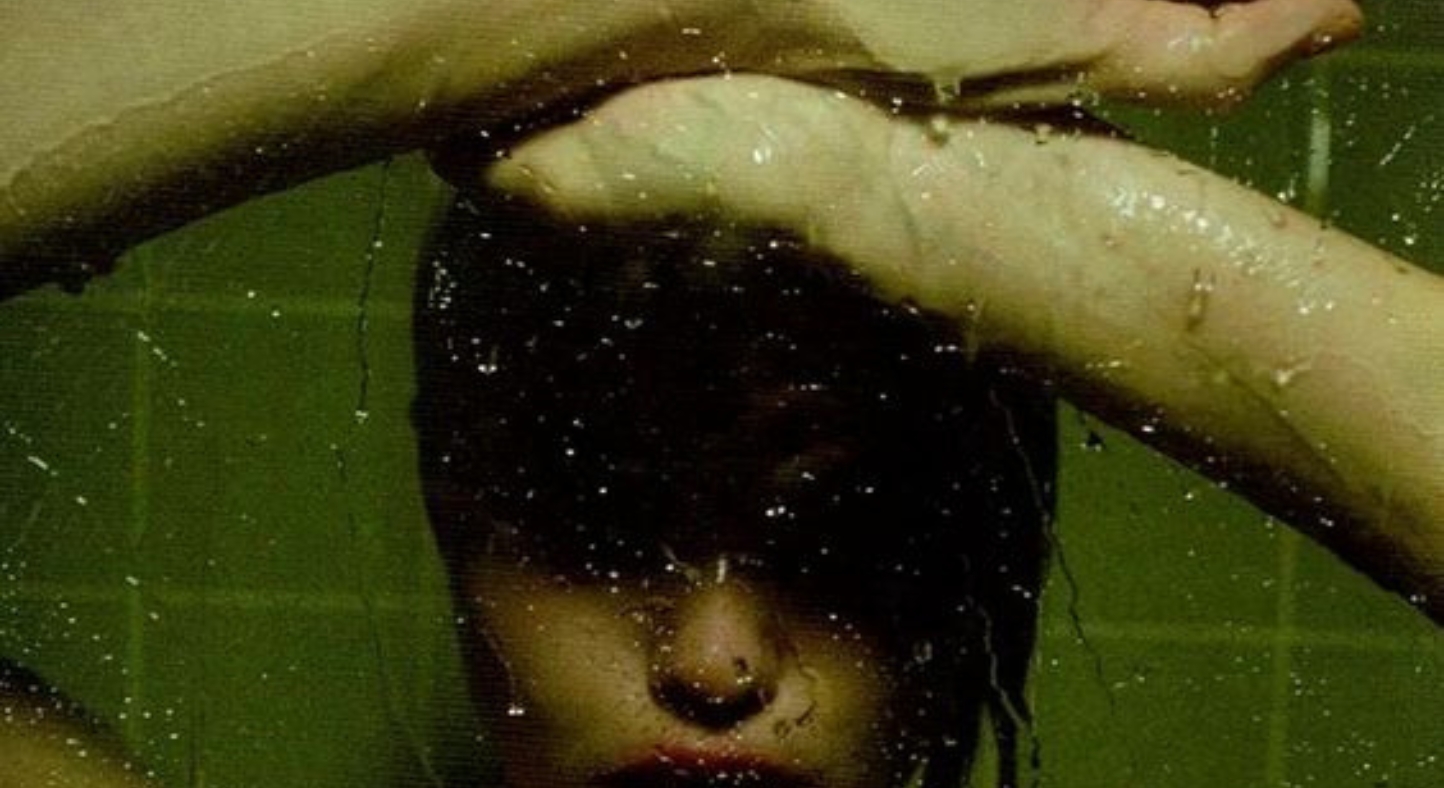ACT TWO: TO THE BOY I BURIED WITHIN ME
WHAT DOES IT MEAN TO BE SEEN, TO MAKE YOURSELF VISIBLE?
It’s a quick scroll through my camera roll that does the trick, unearths you.
Selfies from your teenage years dominate the beginning of my Photos app. Your hair was much shorter then, and your entire frame a bit thinner. You hardly smiled in any of the pictures, always opting for a straight-faced pout instead.
I click on a photo from the day you turned twenty. You got a haircut and posted a selfie with the caption, “act two.” Beyond literally marking the beginning of the second decade of your life, you didn’t think much about that incredibly particular choice of language: the second act, as if your life were some kind of performance.
You were living at home in Rhode Island, completing your Bachelors degree at the local state university. You had only recently come out as gay, which, having went to Catholic high school, felt like enough of a feat.
This was around the same time that you started wearing nail polish, always black and only on your left hand. But you’d use your right hand, with the clean fingernails, in public when giving money to cashiers or shaking hands with a stranger. You kept your left hand buried in your pocket, the black polish your secret.
Shortly after that birthday, you got a tattoo of two cartoonish cherries on your neck behind your right ear. Remember how many times you apologized to the tattoo artist for how much you were bleeding? He had trouble differentiating between the red from the ink and the red from your blood.
The cherries have faded a bit since then.
A photo taken in the basement of a college house party. You came out blurry, dancing. Your definition was lost to the movement.
That night, an acquaintance asked you what your tattoo means. You hadn’t really thought about it. You took a second before you replied, I got it because I wanted to be visible. To be seen. He nodded, but you could tell he didn’t get it.
You could tell because you didn’t fully get it, either.
I scroll down our camera roll to photos taken at bars and clubs—you used to wear dark matte lipstick on nights out during that blip. A vampy look you were testing out. Really, your lips looked like a void in the center of your face, exaggerated by the harsh flash of the phone cameras.
You hated how dry the lipstick made your lips, anyway, but nights out gave you the confidence to experiment.
Then came flecks of blue glitter, applied to the inner-corners of your eyes. Remember how your fingertips swiped over that expired Urban Decay palette, smearing its pigments haphazardly onto your eyelids before heading to Masters classes in New York? The fallout on your cheeks catch the camera’s flash in every photograph; the year you headed to Brooklyn to begin your MFA in Writing.
* * *
You moved to a new city, holding onto the hope that you would also become new. Surrounded by more trans and nonbinary friends than ever before, you started to feel at peace with your bolder self-expression. The community you entered helped you see you for you.
Recurring themes around gender kept surfacing in your poetry during your first year of grad school. You didn’t know what to make of it. At first, you thought the violent undertones that undergirded the playfulness of the work stemmed from your growing frustration with the men around you: your lovers, hook ups, and acquaintances.
But soon enough you’d realize the “he” you addressed in your poems was actually you.
For years, you were trying to kill the boy within you and you didn’t know it. You thought you were attempting to write through your traumatic encounters with men throughout your life. By writing vengeful poems about them, you were working to free yourself from the memories that brought you shame. And perhaps you did.
Yet at the same time, that distance you created between yourself and men revealed a larger truth: you needed to bury the boy within you in order to become something new.
Act two.
After this realization, you thought the key to staging a second act was to reinvent yourself. You would choose how to present, how to perform. Your fear of reading queer in public shifted to the fear of misrepresenting yourself.
You started rocking thrifted dresses, thigh high platform boots and full beats of makeup on a daily basis, even when just going to class.
You even wore nail polish on both hands.
By the end of that year, you started to use both he/they pronouns, but you quickly realized something was off from how upset it’d make you when someone would only refer to you as ‘he’ or ‘him,’ but never they.
You couldn’t help but stew in resentment.
Shortly after, you impulsively posted, “My pronouns are: they/them/theirs. I am plural,” on your Instagram story. Similar to my post about entering “act two,” I didn’t exactly know what I meant by the wording “plural” apart from the usage of ‘they’ as a plural pronoun. But still, you could feel the meaning, and it felt right. So you used it.
Maybe it was a second coming out, but you rejected and resented the idea of having to come out again. You wondered, how many rooms are there in this house? How many rooms will I have to move through to be me?
What does it mean to be seen? To make yourself visible?
You didn’t know, but were game to try it, and that’s what I’ll always love you for.
* * *
I don’t know whether I’d still consider myself in “act two.” It’s been over six years since my twentieth birthday when I first used the wording. But looking back, I can empathize with that boy now more than I was ever able to before.
At a friend’s party recently, I chatted with a stranger after realizing we had a mutual connection. A couple of others joined in on the conversation, and while referring to me, she used the “he” pronoun. I didn’t correct her. Instead, my friend jumped in. Then followed that awkward silence that I’ve grown used to.
Despite your fear, you were so vocal then—so willing to stand up and advocate for yourself in ways I’ve perhaps forgotten. I can barely keep my nails painted now, let alone wear dresses during the daytime in public.
Perhaps what you meant when you posted that you were plural is that you live each day with all of your different selves in mind—not only the future self you are working towards, but also every single version of yourself you were in the past.
All of those mistakes, the impulsiveness. The joy, the confidence. Those moments shaped you into me.
I wonder, through all of the mistakes I will make in the coming years, how I’ll continue to change. Will future me be proud of me now?
If this letter to you indicates anything, I think I can approach the future with optimism. Writing this gives me the comfort that, perhaps, the future me will have something to learn from me now.





















